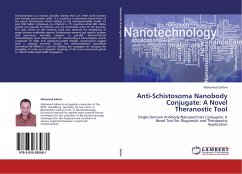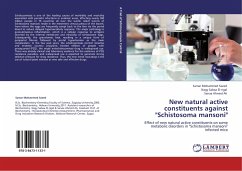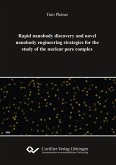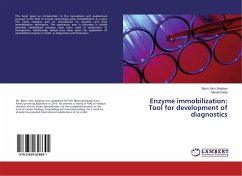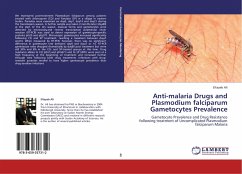Schistosomiasis is a chronic parasitic disease that can infect both humans and animals, particularly cattle. It is caused by a trematode blood fluke of the genus Schistosoma which belong to the schistosomatidae family. At least 200 million individuals are infected in 75 countries while 600 million people are exposed to infection and are potentially victim of this parasite. The main thrust of this research work was towards the developing of single domain antibodies against Schistosoma mansoni gut specific antigen and execratory secretory antigen. In parallel, state-of-the-art methodologies were implemented for constructing a bioconjugate system composed of sdAb and graphene-coated metallic nanomagnet tagged with a carboxyl terminal. Finally, the well-established metastable technetium-99 (99mTc) is used for labeling the conjugate for studying the possibility of active and magnetic targeting of the nano-structured system i.e. 99mTc-sdAb-Fe@C-MNP conjugates.

